The Most Important Factor Sellers Must Consider When Pricing Their Home

When listing your home, the goal is usually to sell quickly and for the best possible price. However, many sellers are currently overpricing their homes, unaware that the market has shifted due to increased inventory. The result? More price reductions—though they can often be avoided.
Here’s why: According to Realtor.com, February saw the highest number of price cuts for that month since 2019 (see graph below).
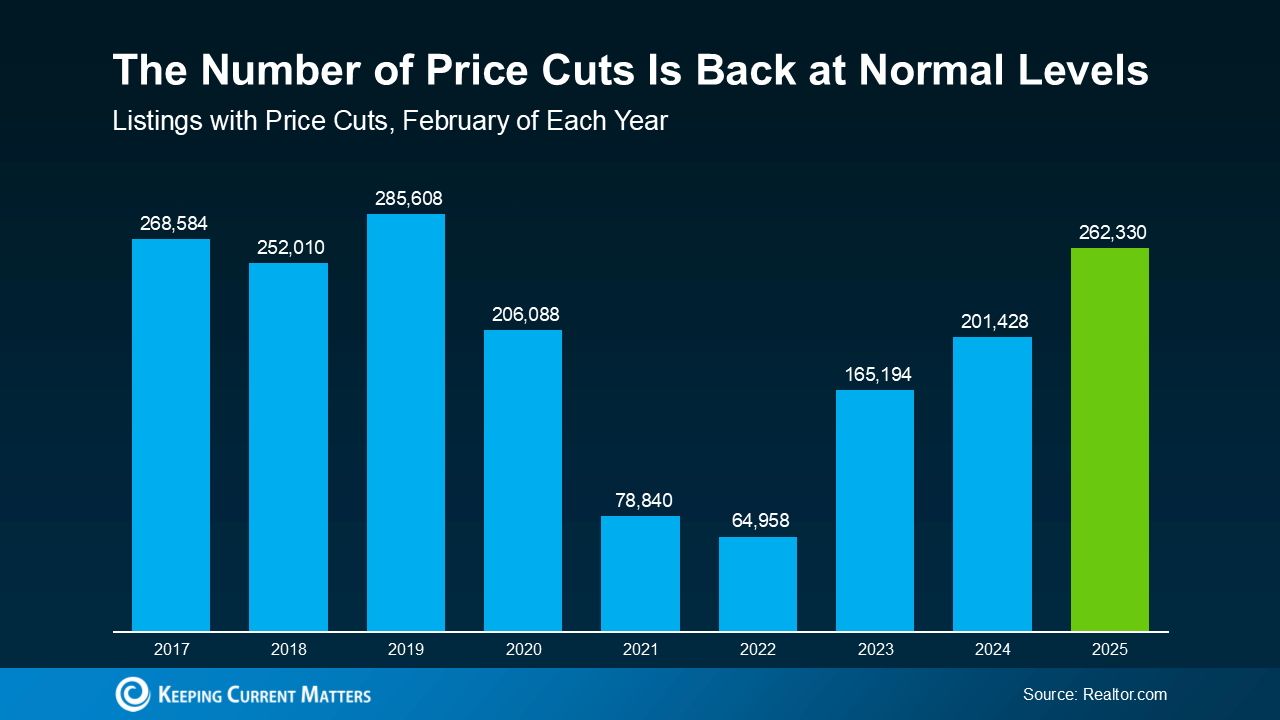
If 2019 was the last truly normal year for the housing market, this shift is significant—we’re returning to typical market conditions.
Unlike the frenzied seller’s market of the past few years, today’s conditions mean you may not get the same price your neighbor did during the peak of the pandemic. That’s why it’s important to adjust your expectations.
Here’s the reality: Overpricing your home and later reducing the price can actually lead to lower offers than if you had priced it correctly from the start. So, how can you avoid this? By working with a knowledgeable real estate agent.
How an Agent Helps You Price It Right
A great agent doesn’t guess—they use real market data to determine your home’s current value and set a competitive price that attracts serious buyers. In some cases, they may even suggest pricing slightly below market value to generate more interest and competitive offers. Here’s how they do it:
- Analyzing recent sales: They look at what similar homes in your area have actually sold for—not just their listing prices.
- Studying market trends: Your home’s value is determined by what buyers are willing to pay, not just what you hope to get.
- Creating a strategic approach: They ensure your price grabs attention and creates urgency among buyers.
Why Overpricing Can Hurt Your Sale
Some sellers ignore their agent’s advice, thinking they’ll start high and negotiate down. But overpricing often backfires:
- Buyers may overlook your home. Today’s buyers are budget-conscious. If your home seems overpriced, they’ll likely move on instead of negotiating.
- It could sit on the market too long. The longer a home remains unsold, the more buyers assume something is wrong with it, making it harder to sell later.
- You might walk away with less. Homes that require price reductions often end up selling for less than if they had been priced correctly from the start.
The data backs this up—according to the National Association of Realtors (NAR), homes that linger on the market tend to sell for less (see graph below).
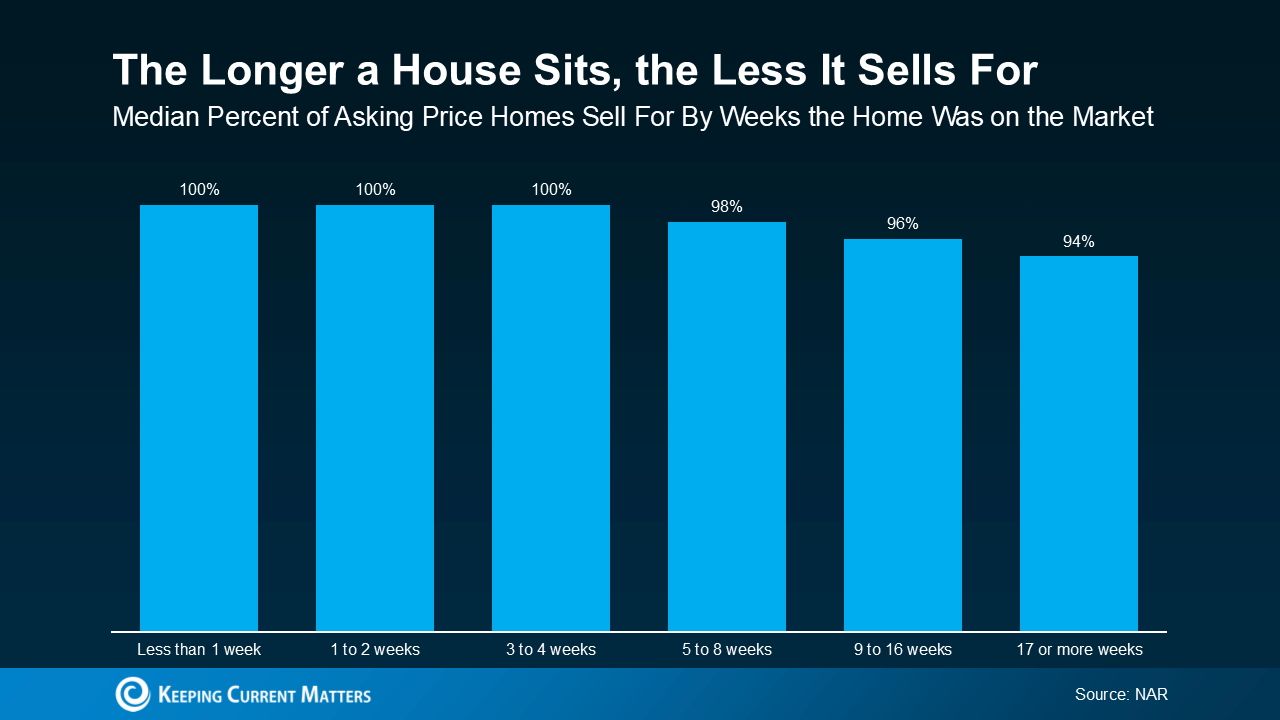
This graph illustrates that homes sold within the first four weeks typically achieve their full asking price. In most cases, this happens when a home is priced at or just below current market value—sparking buyer interest and even competitive bidding that can push offers above asking.
However, when a home is overpriced, it tends to sit on the market longer. As the graph shows, after the initial four weeks, prices begin to decline. This happens because buyer interest drops the longer a home remains unsold. As a result, sellers often face two choices: accept a lower offer than they originally hoped for or reduce the price to reignite interest.
Bottom Line
The last thing you want is to price your home too high, only to watch it sit on the market with little interest, eventually forcing you to reduce the price just to get noticed. That scenario can lead to missed opportunities and a lower final sale price. By partnering with a knowledgeable local agent from the beginning, you can avoid that frustration and set your home up for success.
If you’re aiming to sell quickly and get the best possible return, now’s the time to connect with a trusted real estate professional. They’ll help you develop a smart, data-backed pricing strategy tailored to today’s market—so your home stands out, attracts serious buyers, and sells with confidence.
Categories
Recent Posts
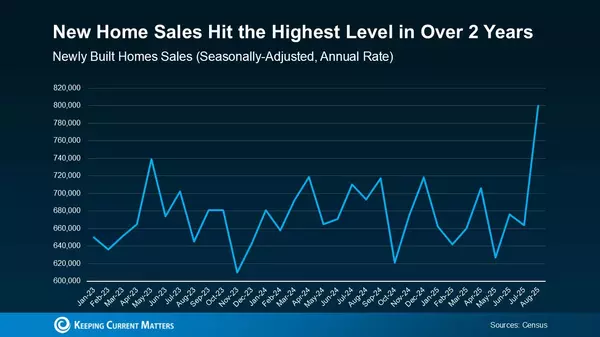
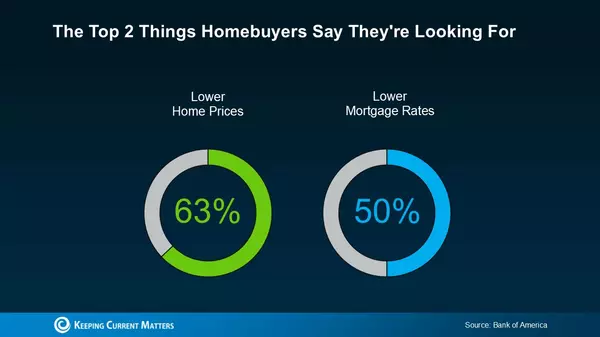
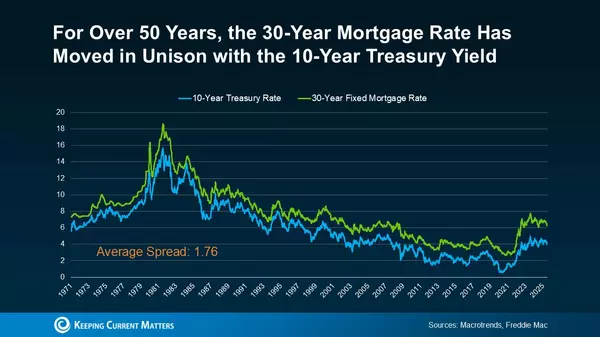
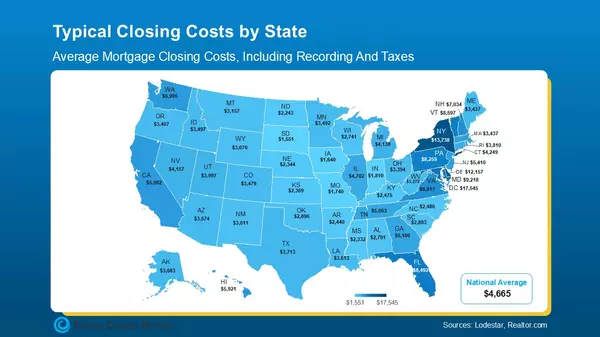
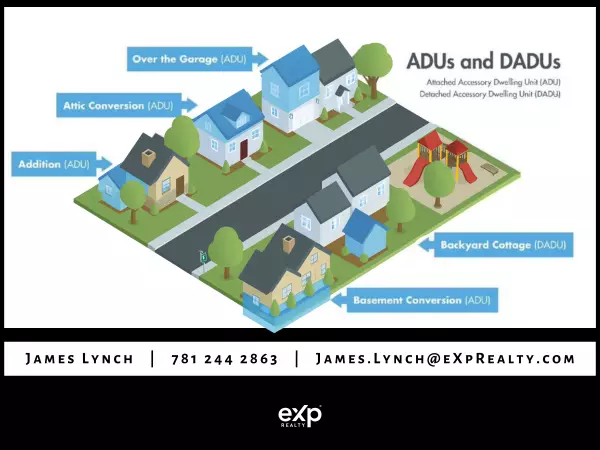

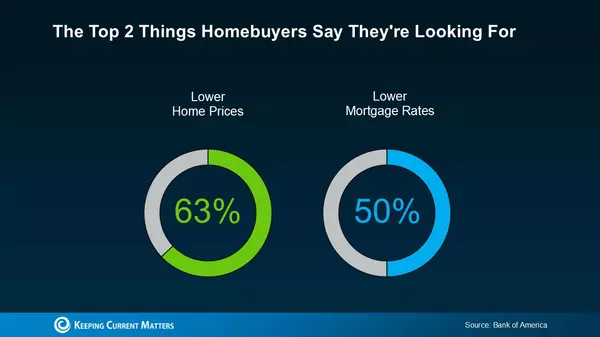
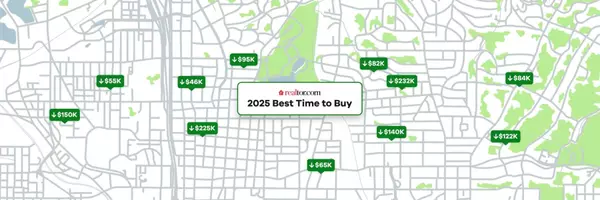
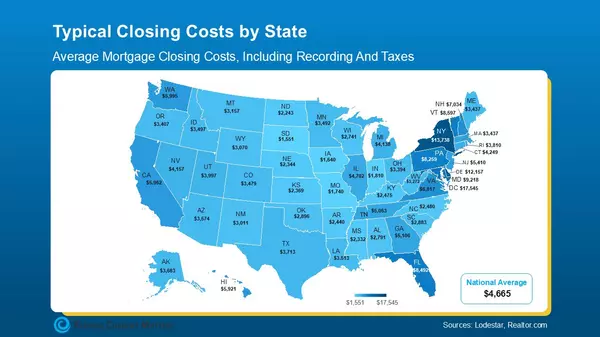
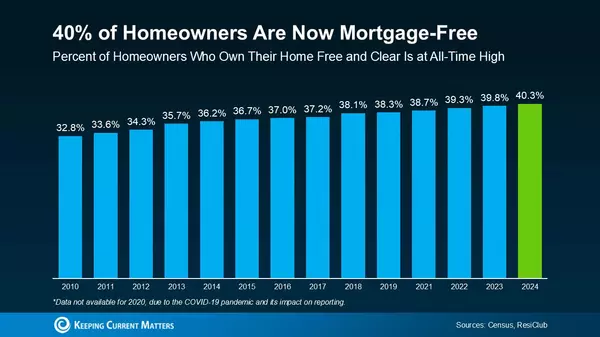
GET MORE INFORMATION


